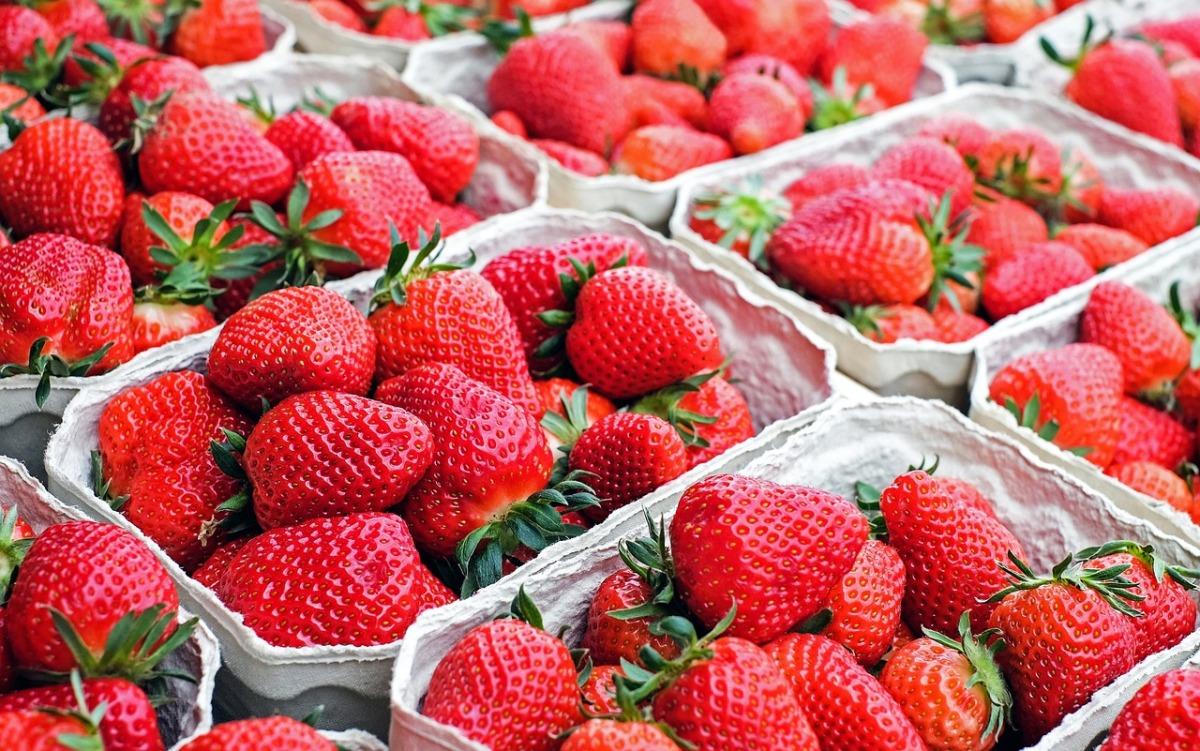
Survey To Reduce Food Waste, Loss In The Offing
Doha, Qatar: The Ministry of Municipality has stepped up efforts to conduct a survey to measure the amount of food waste and loss and bring about appropriate solutions to reduce them significantly, said a top official.
“We are set to conduct a survey on food waste and agricultural loss in collaboration with Qatar University. If we produce food but it is not utilised the best way, that leads to a lot of waste,” said Director of the Food Security Department at the Ministry of Municipality, Dr. Masoud Jarallah Al Marri.
Speaking to The Peninsula at a recent event, he said that under the study which will take 18 months, Qatar University will measure food waste and agricultural losses and bring about appropriate solutions to address this issue.
“Based on the recommendations and suggestions by the study measures will be taken to reduce the food waste and loss,” said Al Marri.
Read Also- Qatar International Falcons and Hunting Festival (Marmi 2025) kicks off
- Al Rayyan Municipality launches afforestation initiative for outdoor spaces using solar-powered irrigation systems
- World media praises Qatar's New Year's Eve celebrations in Lusail
- Awqaf inaugurates new mosque in Rasheeda area
The National Food Security Strategy 2030 targets reducing food waste by 50 percent and food loss by 30 percent.
On December 11, the Ministry of Municipality and Qatar University signed a Memorandum of Understanding to conduct a survey to identify agricultural loss and food waste in the country. These partnerships reflect the State's commitment to enhancing food security and ensuring the achievement of the strategy's objectives.
Under the National Food Security Strategy 2030, nationwide programmes will be prepared to cut food waste and loss and utilize principles of circular economy. The strategy, which the Ministry of Municipality recently launched, is a roadmap for achieving sustainable food security and ensuring the continuity of food supplies amid global challenges.
Food waste refers to discarded or wasted food at the retail and consumer levels, and food loss is edible food mass that is discarded or lost along the journey from production to post-harvest, storage, transport, and processing.
Reducing food losses and waste is essential in a world where the number of people affected by hunger has been slowly on the rise since 2014, and tonnes and tonnes of edible food are lost and/or wasted every day, according to the United Nations website.
Globally, around 13.2 percent of food produced is lost between harvest and retail, while an estimated 19 percent of total global food production is wasted in households, in the food service, and in retail altogether.
The fifth observance of the International Day of Awareness of Food Loss and Waste highlighted the critical need for financing to bolster efforts to reduce food loss and waste, contribute to achieving climate goals, and advance the 2030 Agenda for Sustainable Development.
According to the United Nations, the world produces enough food to feed everyone, and yet millions suffer from hunger and malnutrition.
Food loss and waste exacerbate this problem by reducing the amount of food available for consumption, thus contributing to food insecurity.
Many of the most highly nutritious foods, such as fresh produce, fishery, and animal products are highly perishable and sustain high levels of food loss.
Food loss and waste also translate into a substantial economic loss. This impacts not only producers but also consumers and nations, not to mention livelihoods and economic stability. Moreover, food waste in landfills contributes to 8 to 10 percent of total agrifood system emissions, impacting climate change and environmental sustainability.

Legal Disclaimer:
MENAFN provides the information “as is” without warranty of any kind. We do not accept any responsibility or liability for the accuracy, content, images, videos, licenses, completeness, legality, or reliability of the information contained in this article. If you have any complaints or copyright issues related to this article, kindly contact the provider above.






















Comments
No comment